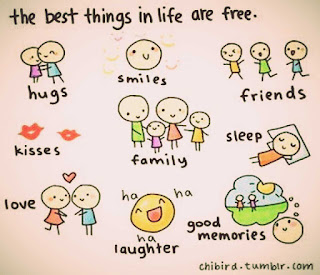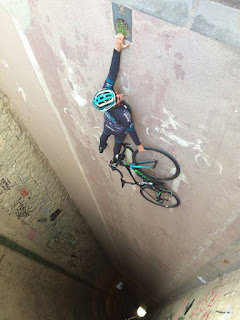Are we becoming machines?
We are going towards a society where artificial intelligence will have more and more importance and power. Descartes meant that animals are automates. But if they are, we are too! Animals are conscious, they have feelings and so on, even insects at some level. Though we have more intelligence than other animals. But machines can be intelligent too. Even more intelligent than we are (depending on what we mean with the term intelligence). Yuval Harari and others mean that we will interact with AI and be super intelligent and become so different that we can call it a new specie. But just very rich people can afford it. So we will have different species on earth, as when the neanderthals lived here. The physician Michio Kaku means that the brain is not more or less than a biological machine. And it may be replicated, even if it will be very difficult. But what about ethics? And what about art? What about meaning? Immanuel Kant meant that he had moralistic laws in








